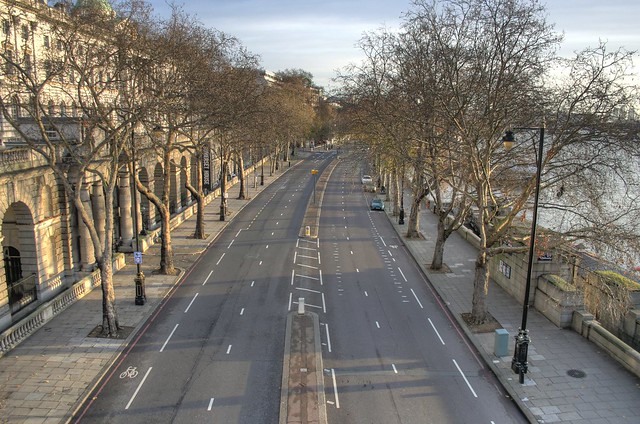 China is expected to become the
world’s biggest exporter of tourists for the first time this year, with about
78 million Chinese expected to travel abroad in 2012, according to the World
Tourism Organization. (In comparison, 64 million US tourists made trips abroad
in 2010).
China is expected to become the
world’s biggest exporter of tourists for the first time this year, with about
78 million Chinese expected to travel abroad in 2012, according to the World
Tourism Organization. (In comparison, 64 million US tourists made trips abroad
in 2010).
The travel industry is keeping apace
as best it can as hotels hire Mandarin speakers and countries invest millions in
PR campaigns aimed at raising their profile in China.
Most of China’s outbound tourists
travel as part of a tour group, in order to save money and tend to be older, with
members of sightseeing groups having an average age of 39, according to
research by Australia’s Tourism Board.
Reducing costs also means packing as
much sightseeing as possible into a short period it’s not unusual to combine Scandinavia, Belgium and France in a single five day trip for example.
Places with a connection to Chinese
history are proving especially popular with China’s outbound tourists. Karl
Marx’s German birthplace, Trier, has seen an influx of Chinese visitors in
recent years. In Japan, the search for Chinese culture draws tourists Kyoto,
where visitors can chart the influence of classical Chinese architecture on
the ancient capital.
While Chinese tourists may save on
food and hotels, they show less restraint when it comes to shopping as it is
customary to return with gifts for family and friends who expect to receive
brand-name electronics, clothing and cosmetics, (which are often cheaper abroad
due to Chinese import taxes). Chinese tourists set aside over a third of their
vacation budget for shopping, according to a 2008 study by the European Travel
Commission.
Chinese tourist spending has been a
boost to Japan’s ailing economy. Japan attracted over a million Chinese
tourists last year, around twice the number of US visitors to the country,
and Chinese visitors to Japan spend more than twice as much as British or
US tourists, according to the Japan Tourism Agency. The country’s
tourism ministry hopes to boost the number of Chinese visitors to 6 million by
2020, and has already relaxed visa restrictions for Chinese travellers.

